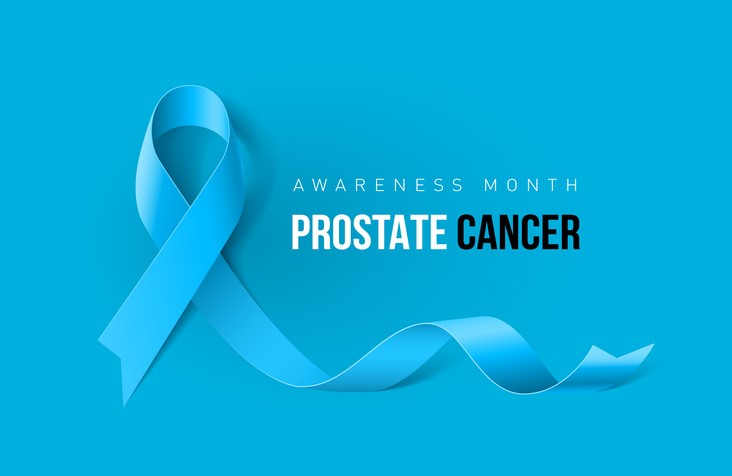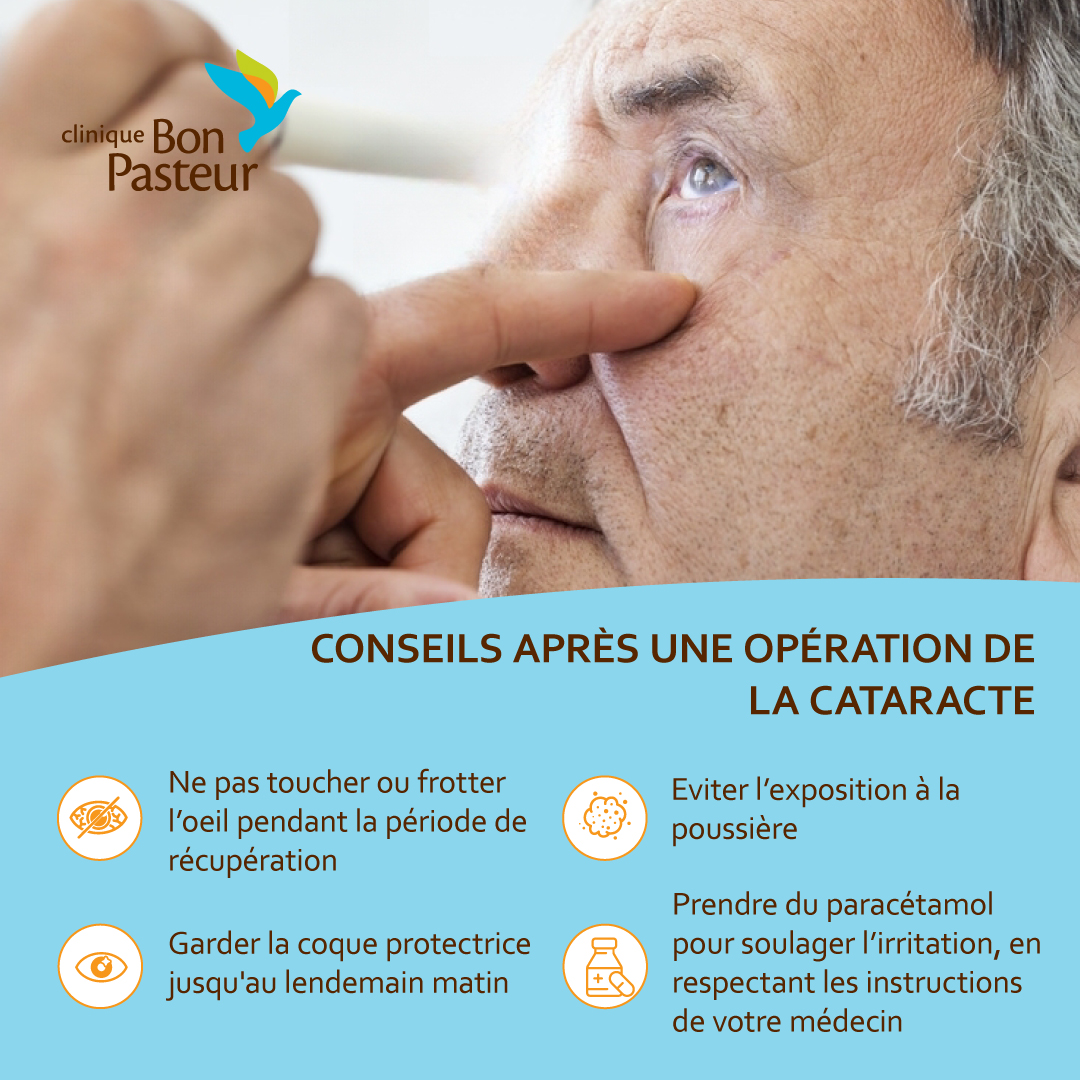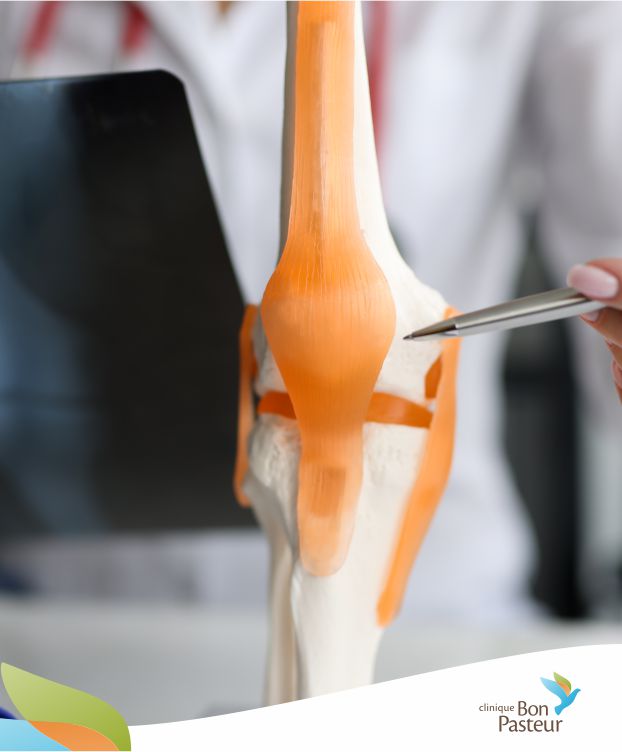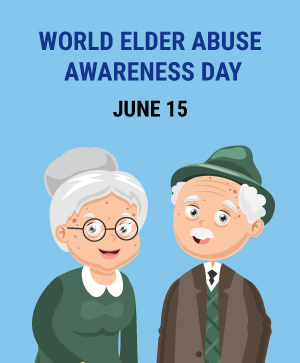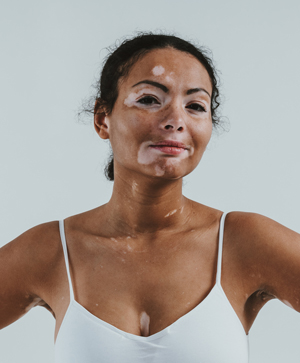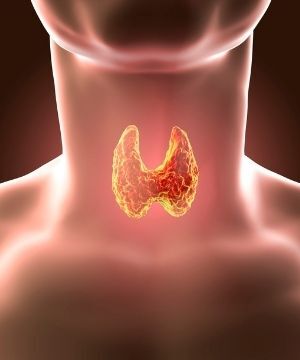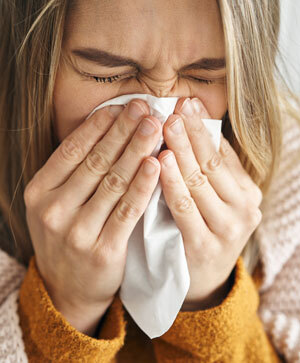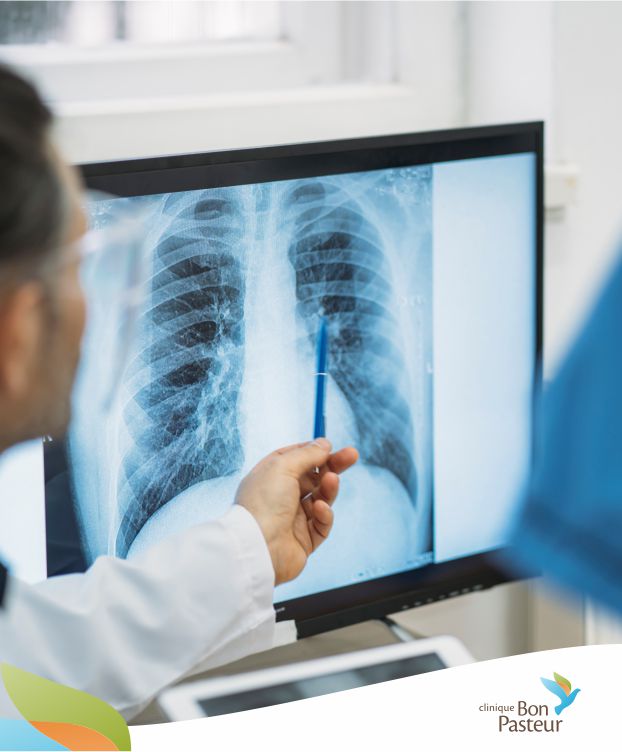Breastfeeding: a treasure of good things
August 5, 2022
While the benefits of breastfeeding have been long proven, many mothers become quickly discouraged. Lack of time, stressful sessions, lack of psychological support, incorrect information… And yet, breastfeeding is all good! We discussed the matter with Dr. Alleesaib, paediatrician, and Christel Legrand, midwife, both working at the Clinique Bon Pasteur.
For Dr. Alleesaib, there is no comparison: if infant formula can cover the needs of the newborn, nothing beats breastfeeding. ‘Breast milk is a milk full of life, rich in immunoglobulins and lactoferrin, which help the immune, respiratory, cerebral and digestive systems of the child to develop optimally’, she explains. The best thing is that breast milk constantly adapts to the needs of the child, at every stage of its growth.
Beyond the nutritive aspect, there is also the emotional aspect. ‘More than a source of food, breastfeeding also promotes attachment and creates a lifelong bond’, says Christel. As it provides comfort and safety, such contact supports in return the baby’s health. ‘Skin-to-skin is known for its effects on the immune system. It is indeed highly encouraged when the baby is premature, since it fosters the maturation of the nervous and digestive systems’, adds the doctor.
How does breastfeeding function? ‘The first two days, the mother will produce colostrum, a kind of thick, concentrated, yellow liquid. It can be considered as the baby’s first vaccine since it is packed with anti-infectious agents’, explains Christel. Then comes the first milk flow on the third day, the transition milk, and the mature milk. The latter is richer in lactose, which allows the child to hold longer between feeds.
‘We realise today that poor nutrition at the early stages of life will lead to disastrous effects on the future adult’s health, with a prevalence of diabetes for example’, underlines Dr. Alleesaib. This concept, taken up by the association Groupe Enfants & Mères, emphasizes the importance of the child’s first 1,000 days of life, from the time of conception to the age of two, also highlighting the long-term benefits of a healthy diet throughout this period.
In that respect, breastfeeding, which provides the very best nutrition, ensures the infant the best possible start in life. ‘Breastfed children have fewer respiratory and digestive problems’, says the doctor. Breastfeeding is also said to reduce the risk of autism and obesity, and allow optimal jaw development, with less chances of needing an orthodontist later!
And if you thought breastfeeding was only good for the baby… far from it! It not only allows the mother to lose weight, but also delays the menses and reduces the risks of bleedings. ‘Besides, breastfeeding also reduces the risks of developing breast or ovarian cancer’, continues Dr. Alleesaib. No need for bottles or other accessories: breastfeeding, a free source of food, is also the best choice, economically speaking!
Of course, things are not always simple. Breastfeeding can be more complicated for some mothers. ‘Sometimes there are medical reasons for mothers who are unable to provide breast milk’, explains Christel. Indeed, doctors can advise against breastfeeding when the mother is suffering from AIDS or hepatitis B, taking anti-cancer drugs or presenting psychiatric issues.
In other cases, flat or inverted nipples may also hinder the process of milk feeding, as the infant will have difficulties to latch on or suckle. ‘There is a solution in such case: the mother can choose between silicone nipples or the breast-pump’, says Christel.
There is also a whole psychological dimension to take into account. ‘Often, mothers do not receive support from their relatives, who spread more prejudices than encouragements. They become quickly stressed and discouraged’, deplores the doctor, according to whom the most important of all things remains the mother’s mental balance. ‘While the mother needs to feel supported in her choice, she also needs to do what is best for her’, she says.
And for those who decide to go into it, remember to pay attention to your diet! While fast food and other ultra-processed foods must be avoided as much as possible, the new mother must indulge in a real health cure. Cereals, pulses, fish, dates, chia seed, flax seed or fennel… This is the type of food that promises the production of abundant and nutritive milk. ‘During the first months, masala and coffee, which are known to increase infantile colic, should be avoided, as well as raw food throughout the nursing period’, concludes the doctor.
If you have any questions regarding breastfeeding, do not hesitate to contact our midwifery team at 401 95 00. They are always ready to listen to you, to guide you, and to answer all your requests.

Related Article
